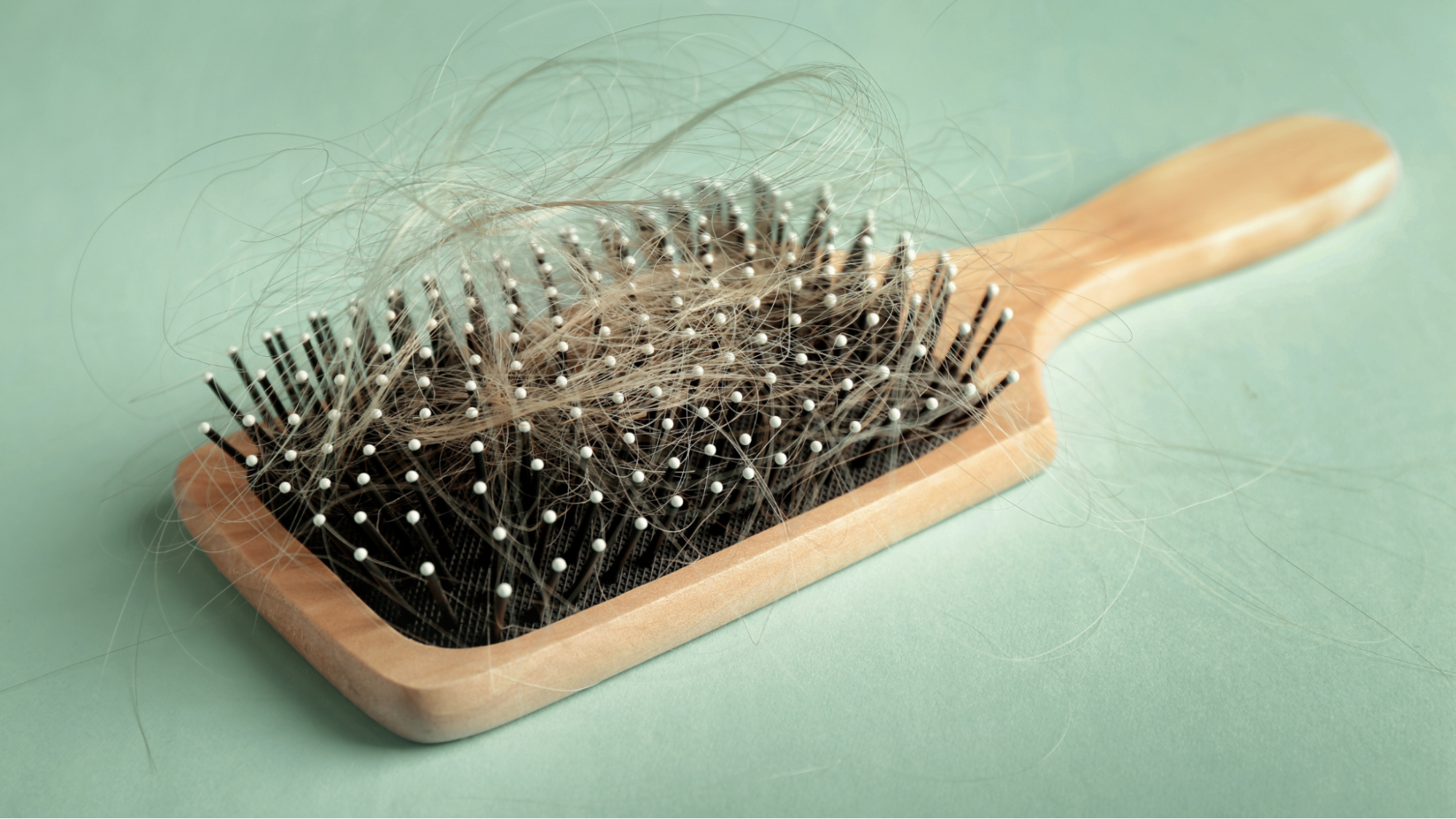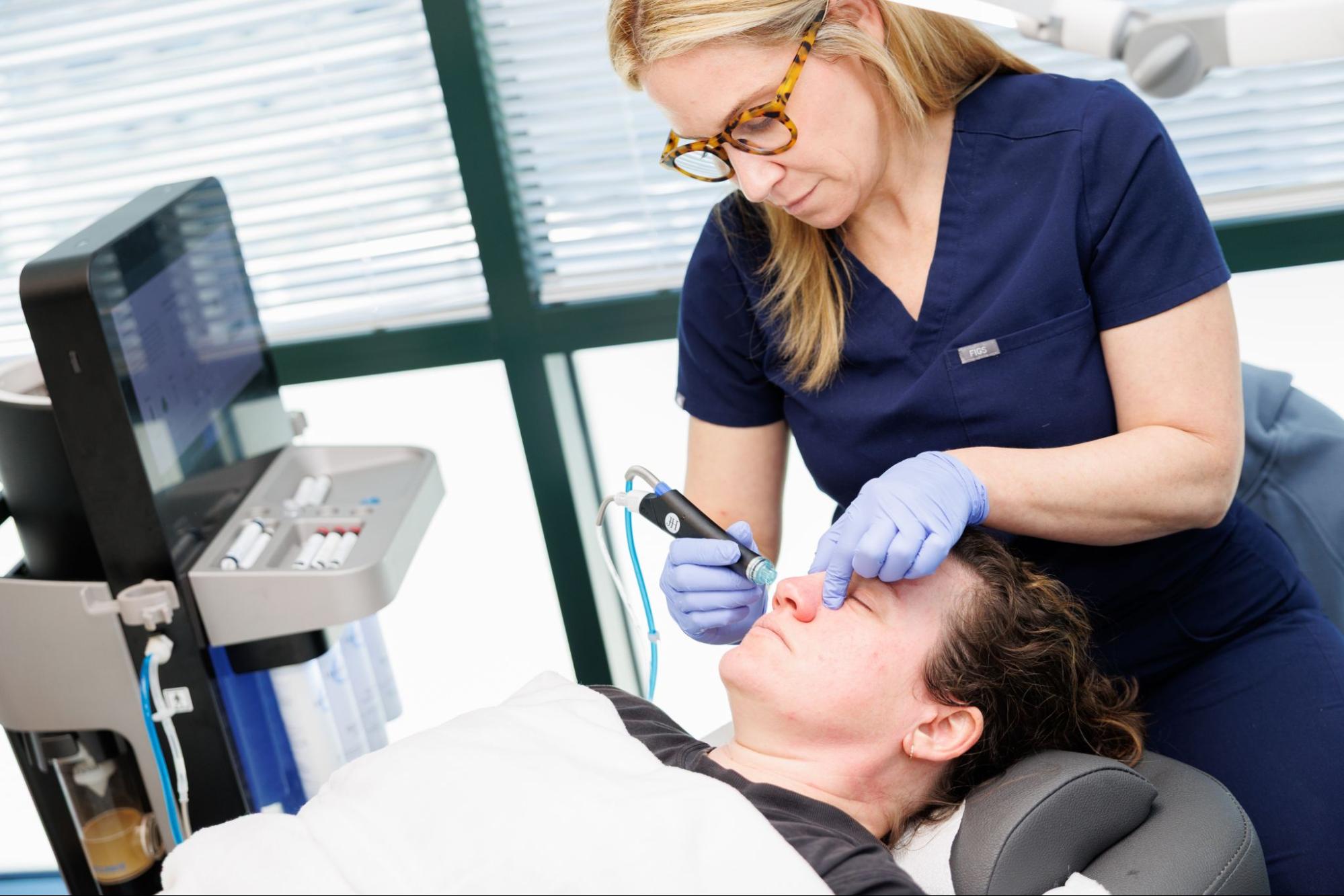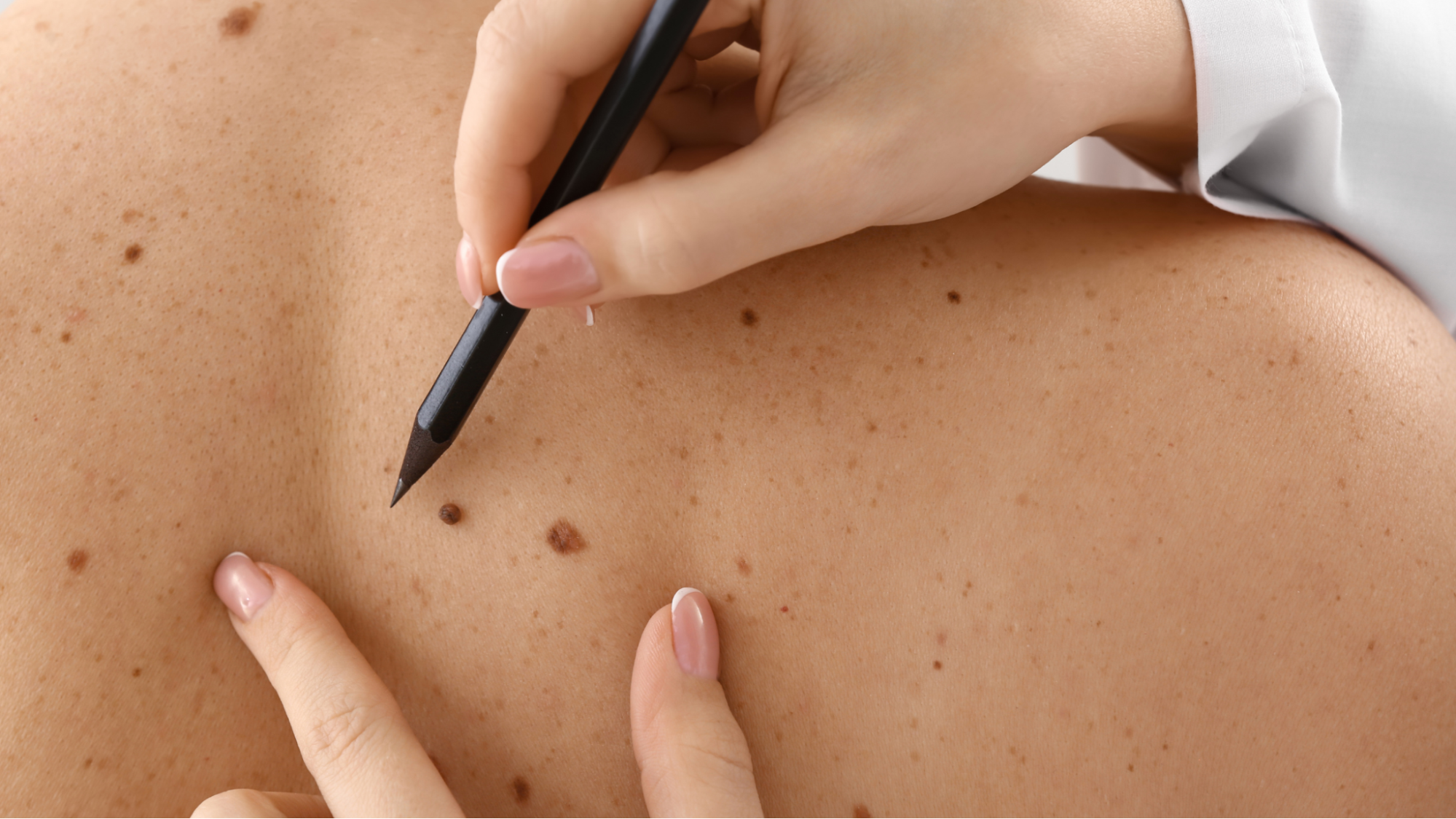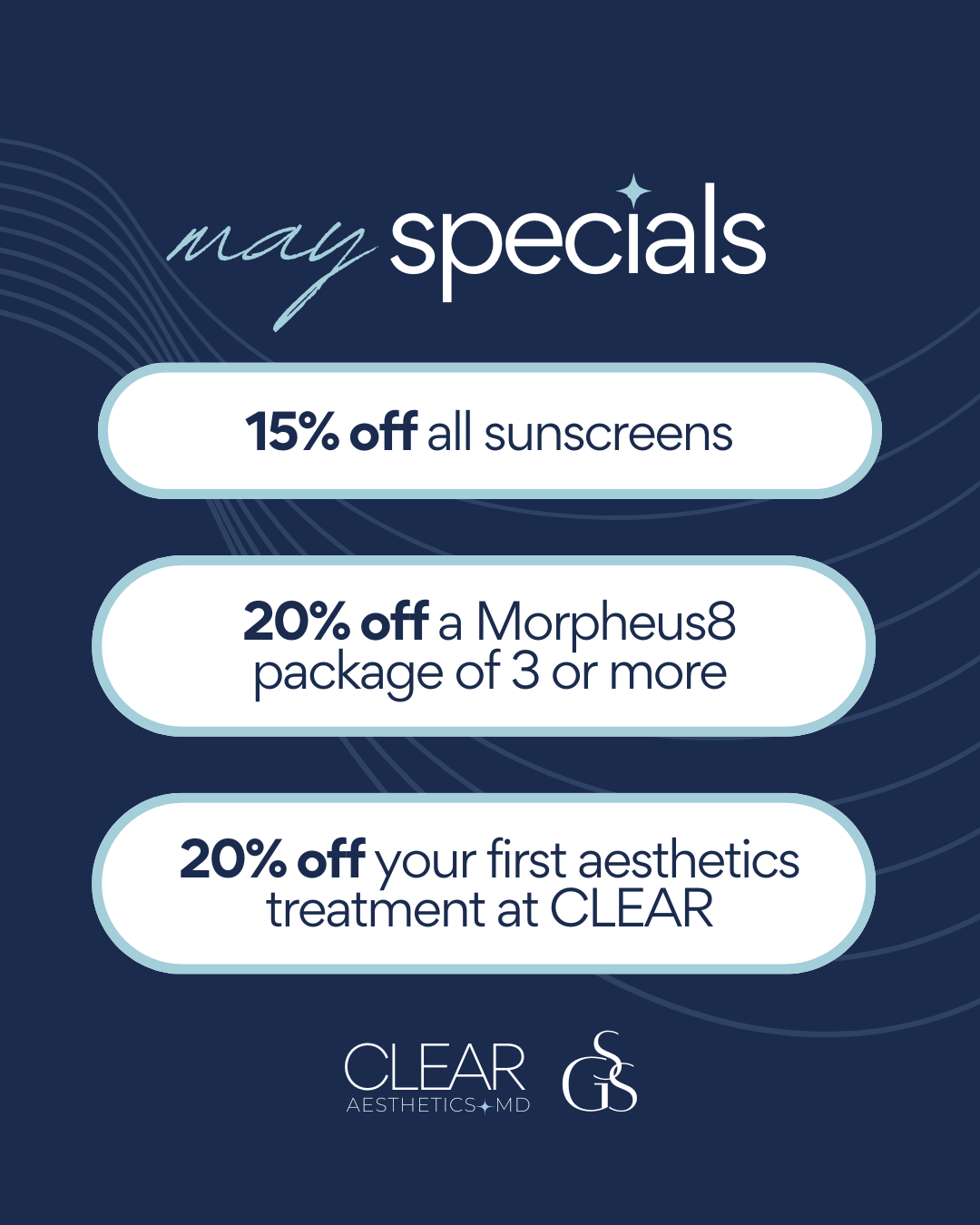Today we’re sharing insights and advice from our Acne Specialist, Anna Persson, who is committed to guiding you toward clear and radiant skin. From understanding which ingredients help to treat acne to explaining the role of diet in acne management, her aim is to provide awareness into the holistic care that goes beyond traditional skincare routines.
Anna is a Certified Acne Specialists that received extensive training through Face Reality. They’re an award-winning acne brand dedicated to helping patients get clear, healthy skin. The community of Certified Acne Specialists are highly trained skincare professionals who are committed to providing life-changing results and celebrating people throughout their journey.
How do you approach treating acne?
It’s important to me to sit down with each patient and thoroughly learn their skin. I use a holistic approach to target acne from the source, clearing existing breakouts while preventing the formation of new acne lesions.
Face Reality Acne Bootcamp has over a 90% success rate within 3 months and uses a combination of discussing lifestyle, whole body function and a customized treatment plan.
What are the key ingredients to consider in an acne treatment?
- Trichloroacetic Acid (TCA) exfoliates the outer layer of skin to reduce acne, scarring and uneven pigmentation
- L-Mandelic Acid is an alpha hydroxy acid that has anti-inflammatory, antibacterial, and anti-fungal properties, improves the appearance of pigmentation
- L-Lactic Acid is an alpha hydroxy acid that is hydrating, exfoliating, and reduces hyperpigmentation.
Those are the three main ingredients used during an acne treatment. It’s important to finish the treatment with Hyaluronic Acid for hydration and SPF to protect the skin, as acne treatments in the office can make you extra sun sensitive.
Is there a relationship between food and acne?
Everything we put into our bodies is directly reflected in the health and appearance of our skin. Acne prone individuals are particularly sensitive to specific foods when consumed excessively. The excess amount of iodides, excreted through the sweat glands can cause acne flare ups. Iodide sources to be aware of are dairy products such as milk and cheese as they also have a hormonal component that posts a problem for acne. Luckily, there are many alternatives for these foods like uniodized salt, Almond Milk, Coconut Milk, Rice Milk and Nut Cheese. The acne prone should also leave behind Whey or Soy Protein powders and bars.
Like iodides, an excess of androgen can create an imbalance or excess sebum production. Trying to reduce Peanuts, Peanut Butter, Canola Oil and Shellfish in your diet can help reduce breakouts. Alternatives are foods such as, Almond Butter, Olive Oil, Coconut Oil and Fresh water fish and Fatty Fish.
Are there certain foods that are known to cause inflammation?
In addition to Iodides & Androgens, there are several foods that are known to cause inflammation. Foods high in trans fats and high in sugars can cause inflammation.
I believe it’s all about moderation vs cutting out completely. Finding a balance for your skin and health is key!
Which foods are most effective in promoting clear skin and preventing acne?
Although there are plenty of foods to reduce, there are even more foods that we can encourage patients to consume that are high in vitamin A, C & E. Ceylon Cinnamon, Apple Cider vinegar and Green tea are considered supportive because the acne prone are generally lower in antioxidants than the general population. Selenium plays an important role in the health of the immune system to help lower stress and inflammation. Foods high in Selenium are Brazil Nuts, Pinto Beans, Halibut, Wild-caught salmon, Oats, Navy Beans, Chicken and Spinach. Choosing foods that reduce inflammation is crucial when you have acne prone skin. As a general rule, a well-balanced, low-glycemic diet can support all aspects of health, including your skin.







